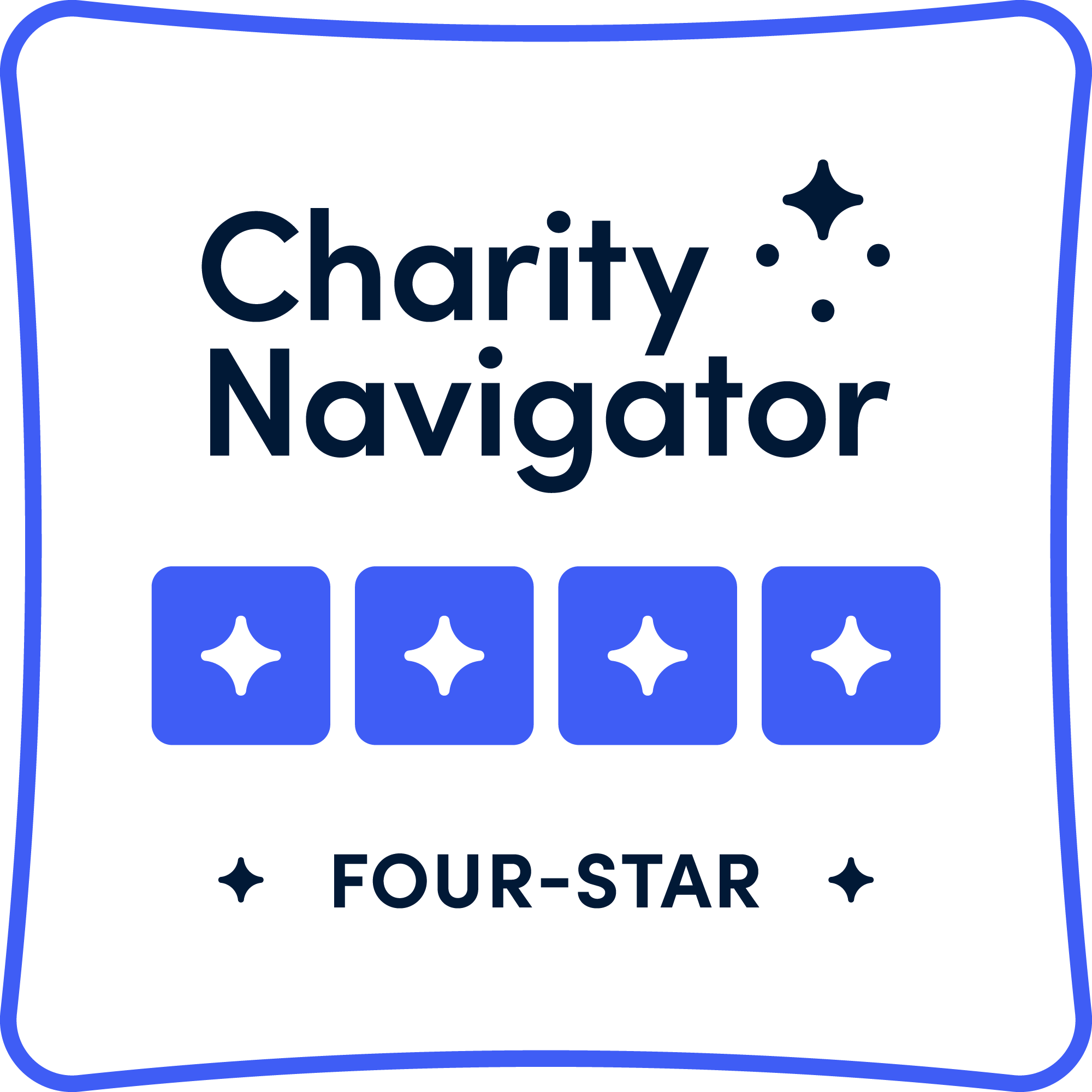Date
August 1, 2022
10 minute read
AiLun Ku, The Opportunity Network's President and CEO, highlights the New York Times' August 1, 2022 coverage of a new study in the article, "Vast New Study Shows a Key to Reducing Poverty: More Friendships Between Rich and Poor."
The study was conducted by a team of researchers at Opportunity Insights that examined the roots of inequality and contributors to social mobility. The team found that "economic connectedness" was key to building social capital among children from low-income communities. The Times article shows charts depicting how cross-class friendship—economic connectedness—had a stronger impact than school quality, family structure, job availability or a community's racial composition.
AiLun Ku, offers her take on the study's findings, noting that:
"As an organization dedicated to closing the opportunity gap for students of color from low-income communities, OppNet embraces scholarship that explores and confirms what we know to be true: all young people, given opportunities, connections, and support, have the power to thrive in the college landscape and professional world."
AiLun Ku observes that, "In addition to what researchers are calling 'economic connectedness,' these relationships normalize access to opportunities."
Ku also notes the views of Robert Putnam, another Harvard researcher mentioned in the article, on the importance of social capital:
Ku points out, "This is where the social sector often comes in and plays a pivotal role. Organizations like OppNet step in to provide solutions, programs, and stopgaps to slow and reverse this decline of social capital bridging. OppNet has been doing this for 20 years. We do this through our intensive six-year Fellows program that serves over one thousand students from low-income households. We also do this through our capacity-building programs, by training community-based organizations, public high schools, higher education institutions, and employers to mobilize and grow the social capital for more than 40,000 across the nation."
The Times also quoted Catie Concoide, a high school counselor at Angelo Rodriguez High School in Fairfield, CA, and an alumna, who mentioned the school's 'culture of success:'

